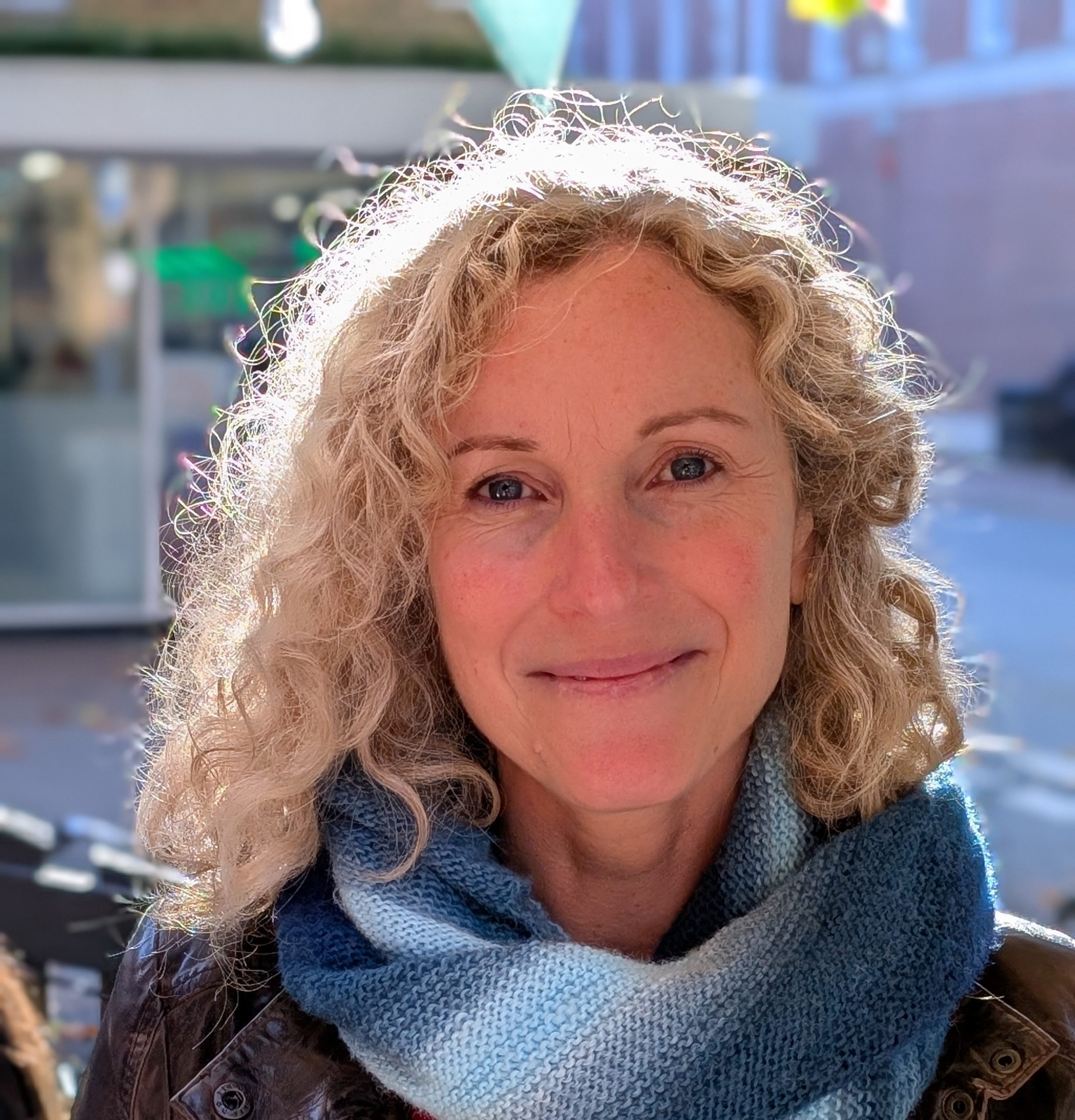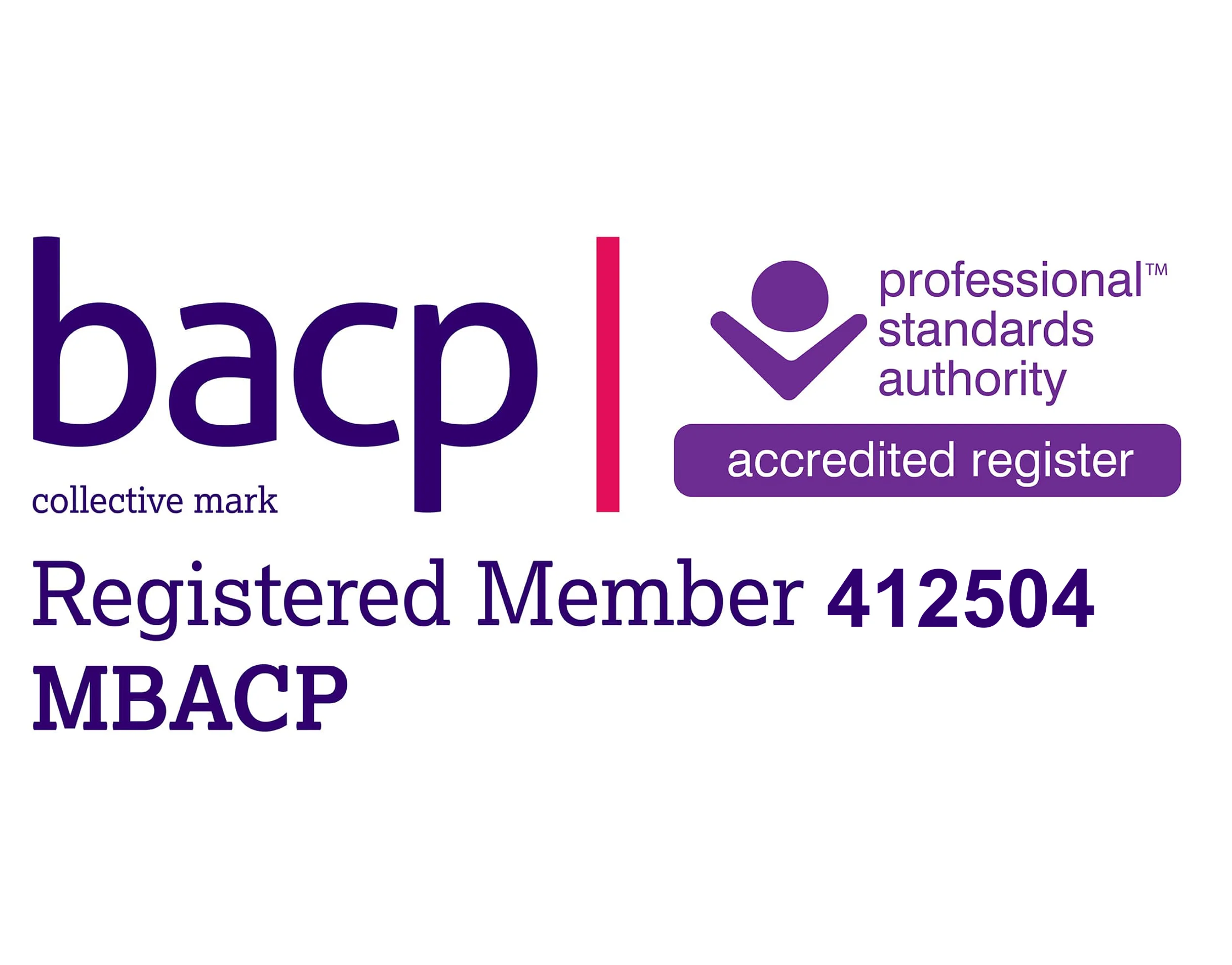Counselling for Women in Winchester and Online
"No need to hurry. No need to sparkle, no need to be anyone but oneself." Virginia Woolf
Hi, I'm Lin. I provide a warm non-judgemental space for women navigating mental and emotional challenges. My practice is rooted in a person-centred humanistic approach, emphasising empathy, authenticity, and your innate strengths.
I offer personalised therapy focussing on but not limited to: anxiety and depression, low self esteem and body image support, bereavement and loss, relationship and family dynamics, infertility, IVF and miscarriage support and menopause counselling.
I believe you hold the capacity for growth. Therapy focusses on your lived experience, values, and inner resources, supporting you to find meaning and direction on your own terms.


Counselling for women of all ages and phases of life
My style is calm and collaborative. I will listen to you carefully, follow your lead whether we explore the present, past or possibilities ahead. Sometimes it helps just to walk side by side with support and gentle guidance, as you discover your own direction.
I offer a warm, trusting space where you can experiment with new ways of relating to yourself and others, building greater awareness and maybe some inner inner peace.
Experienced Women’s Counsellor in Winchester
I work inclusively and without judgement offering every woman respect, honesty and understanding. I specialise in a wide range of concerns including anxiety and depression, low self esteem and body image support, bereavement and loss, relationship and family dynamics, infertility, IVF and miscarriage support and menopause.
As a counsellor, I'm deeply passionate about supporting women through turbulent times, helping them navigate challenges and find a path towards healing and growth. My motivation for becoming a counsellor stemmed from a desire to accompany individuals in crisis, offering a safe space for them to process their experiences and and recovery.
I provide counselling in Winchester and online, and I'm committed to offering compassionate support tailored to each client's unique needs. In addition to my private practice, I've volunteered with specialist bereavement and women's charities for several years, further deepening my understanding of the diverse challenges women face.
Before becoming a counsellor, I was an HCPC- registered health professional working in a clinical setting. This experience taught me the power of a safe evidence-based space - a foundation I then embedded into my counselling practice.
I am a member of the BACP, a member of the British Infertility Counselling Association (BICA) and an accredited member of the Foundation of Infant Loss (FIL).
My Approach to Women’s Counselling
A Safe and Compassionate Space
Whether we work in person or online I will hold a compassionate space for you. I will stay by your side, moving at your pace, and offering support that's tailored just for you. Wherever you are in your life, we explore your story as an individual and as a woman. I work inclusively, without judgement, providing every woman respect, honesty, understanding, and a safe space to address your challenges together.
Integrative Therapy
We will work in a way that feels right for you. I draw on Person-centred empathy, Gestalt awareness, CBT tools, ACT practices, and Transactional Analysis, and I may invite some creative or mindfulness exercises. I will adapt everything to what you need.
Listening with Empathy
Being a trained listener, I ensure your voice and story are truly heard. I specialise in women's issues- anxiety, depression and low self esteem, hormonal transitions, reproductive challenges, miscarriage, menopause and bereavement and how societal and historical contexts shape your experience today.
What Issues Can I Help With?
Women come to me for help with a wide range of challenges, and counselling can offer support for:
Anxiety and stress
Depression and low mood
Bereavement and grief
Miscarriage and infant loss
Fertility issues and IVF support
Menopause and perimenopause
Identity and self-worth struggles
Relationship difficulties
Life transitions and change
Coping with loss and disappointment
Training, Qualifications and Experience
- Certificate in Counselling: Iron Mill College
- Advanced Diploma: Iron Mill College
- Certificate in Working with Online Modalities: Iron Mill College
- Member British Association of Counselling and Psychotherapy
- Bereavement Support Foundation Course: Cruse
- Embers Informed CBT Professional training for Peri/menopause
- Member of BICA British Infertility Counselling Association
- BICA Foundation training course, The British Infertility Counselling Association
- BICA Advanced training course The British Infertility Counselling Association.
- Volunteer for CRUSE Bereavement Care for several years.
- Accredited member of The Foundation of Infant Loss
- Before becoming a counsellor, I was an HCPC registered health professional working within a clinical setting.

What My Clients Say
My Location
I offer face-to-face sessions in Central Winchester and also provide online counselling for women across the UK via Zoom. Online therapy can be a flexible and accessible way to access support from the comfort of your own home. Contact me to find out more about how online therapy works.
Fees & Availability
I offer a 20-minute online conversation for you to decide whether I am the right counsellor for you.
My sessions last 1 hour and I charge £60 for an in-person session and £50 for online.
I require 24 hours’ notice for cancellation or change of time. I accept payment by bank transfer or cash.
Get in Touch
Feel free to contact me if you have any questions about how counselling works, or to arrange an initial assessment appointment. This enables us to discuss the reasons you are thinking of coming to counselling, whether it could be helpful for you and whether I am the right therapist to help.
All enquires are usually answered within 24 hours, and all contact is strictly confidential and uses secure phone and email services.
Some Frequently Asked Questions
What's the difference between counselling and therapy?
Many therapists tend to view Counselling as ‘short-term’ work; when someone has a problem that can be looked at and discussed in a clearly-resolvable way. This work often requires undertaking sessions for a certain number of weeks, to explore, discover and clarify a way forward. Therapy is a word used more to describe ‘long-term’ work; discussion that tends towards substantial issues and things that might be life-changing on a deeper level.
Whether counselling or therapy work best as a short- or long-term option depends on the client though, and the difficulties they are facing. In some cases counselling can prove helpful as a continuing, longer-term option, or therapy can help resolve an issue in just a few sessions.
How long will I need to have counselling?
There’s no fixed or ideal length of time for the counselling process; it varies from person to person and will often depend on the depth of the issues they are facing. While I can work on an open-ended basis with clients, I find it is helpful for us to both agree before we start on undertaking a certian nunebr of sessions and reviewing where we are at once we reach that point. You are able to decide how long your therapy willl last, and in return my aim is to make sure therapy continues for only as long as it is of benefit to you.
This depends on what your needs are. Some people find that after only a very few sessions they have some clarity and focus and are ready to end the therapy. Other people value the ongoing support and relationship with me and will continue to come for weeks, months, or even years. There is no 'one-size-fits-all' when it comes to therapy.
How long will I have to wait for an appointment?
My aim is to offer you a first appointment, known as an assessment session within 1-2 weeks, this is once we receive your completed client pack back. However, waiting times will vary according to pressure on our resources, your own availability and the service you seek.
An appointment to our short term counselling, which is not subsidised, can be offered within about one week.
Will everything I say be kept confidential?
Confidentiality is one of the main ways in which therapy differs from many other forms of helping - for example, talking to friends or family can rarely offer the same degree of confidentiality as talking to a counsellor. Because of this confidentiality, you will find that - as you get used to coming for therapy - you are freer to talk about whatever you wish to.
No therapist can offer 100% confidentiality: there are some situations where the law requires disclosure of risk (e.g. certain child protection issues) and in common with most other therapists, there are some situations where I may not be able to keep total confidentiality. In particular, if someone tells me that they are thinking of harming themselves in a way that I believe puts them at serious risk, or if someone tells me that they are doing something that could put others at risk, I may not be able to keep such information confidential. However, breaking confidentiality is rare, and only happens after talking to the person concerned.
Can I bring a friend or relative with me?
When you come for counselling it's important that you feel free to talk about whatever is important to you. Sometimes, you may not be clear what those issues are. Having a friend or family member with you is not usually helpful because they may have their own agenda for you. Even if this is just that they want to be supportive, or want you to 'get better', this agenda can prevent us opening issues up. When you come for therapy, you may need to explore thoughts or behaviours about which you feel ashamed or embarrassed and you may censor yourself so as not to hurt someone, or you may find that what they want you to talk about is not really what you need to discuss.
Sometimes, family/friends can even be part of an underlying issue which needs to be aired and discussed. Usually, people who ask this question are nervous about coming for a session alone, or they are anxious for the person who is thinking about arranging sessions. This anxiety is quite normal, and you will not be forced to talk about anything you feel uncomfortable about - but you do need to be able to talk about whatever is important. For this reason, I do not see clients accompanied by friends or family
©Lin Siddorn Women's Counselling
powered by WebHealer



